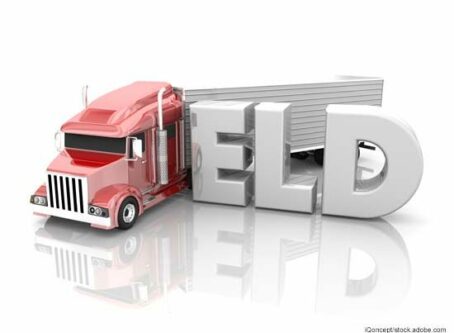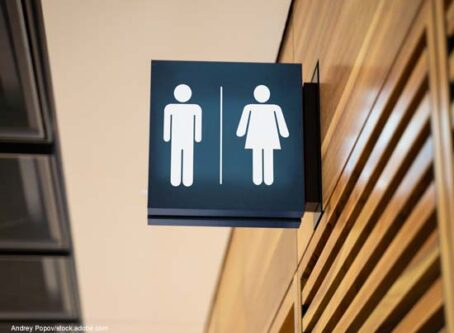Colorado road funding effort nears Senate passage
An effort making its way through the Colorado statehouse to help get transportation work done took a big step forward last week toward possible passage.
A compromise was reached by Senate Democrats and enough Republicans in the GOP-led chamber for the major transportation funding effort of the session to get tentative approval.
The original version of the bill, SB1, called for diverting $350 million each year in existing sales taxes to help pay off $3.5 billion in proposed road bonds.
The revised bill would authorize diversions totaling $250 million. Another $500 million would come from a one-time installment of tax dollars.
Gov. John Hickenlooper has supported plans to tap $500 million in one-time money to help address a 10-year, $9 billion road maintenance backlog. The Democratic governor has issued a budget request of $500 million for transportation funding.
A public vote on whether to tap bonds to pay for transportation work also would be delayed until next year.
As introduced, the bill called for adding a ballot measure to the 2018 fall ballot asking whether to apply 10 percent of each year’s general fund revenues to the bonds.
SB1 was changed to clear the way for multiple efforts being pursued by outside groups to get questions on the upcoming November ballot. One effort calls for raising the state’s sales tax to generate up to $1 billion annually. A separate attempt would sell bonds to raise $3.5 billion.
The amended bill would instead ask voters whether to apply $250 million annually from the state’s general fund to back the bonds. According to a fiscal note attached to the bill, the bonds would have a maximum repayment cost of $5 billion over 20 years.
The bill awaits a third and final Senate floor vote before it can advance to the Democrat-led House.
Long-term options
Three-quarters of Colorado’s road construction and repair budget comes from the federal government. At the state level funds come via fuel taxes, vehicle fees, and toll lanes. General funds and bonds also can be tapped to pay for infrastructure work.
Despite the multiple funding sources now in place, the Colorado Department of Transportation estimates a $10 billion shortfall over the next decade. The agency attributes the budget gap to a decline in fuel taxes.
Colorado now charges a 22-cent excise tax on gas and a 20.5-cent tax on diesel. The tax rates have been the same since 1991.
To view other legislative activities of interest for Colorado, click here.









